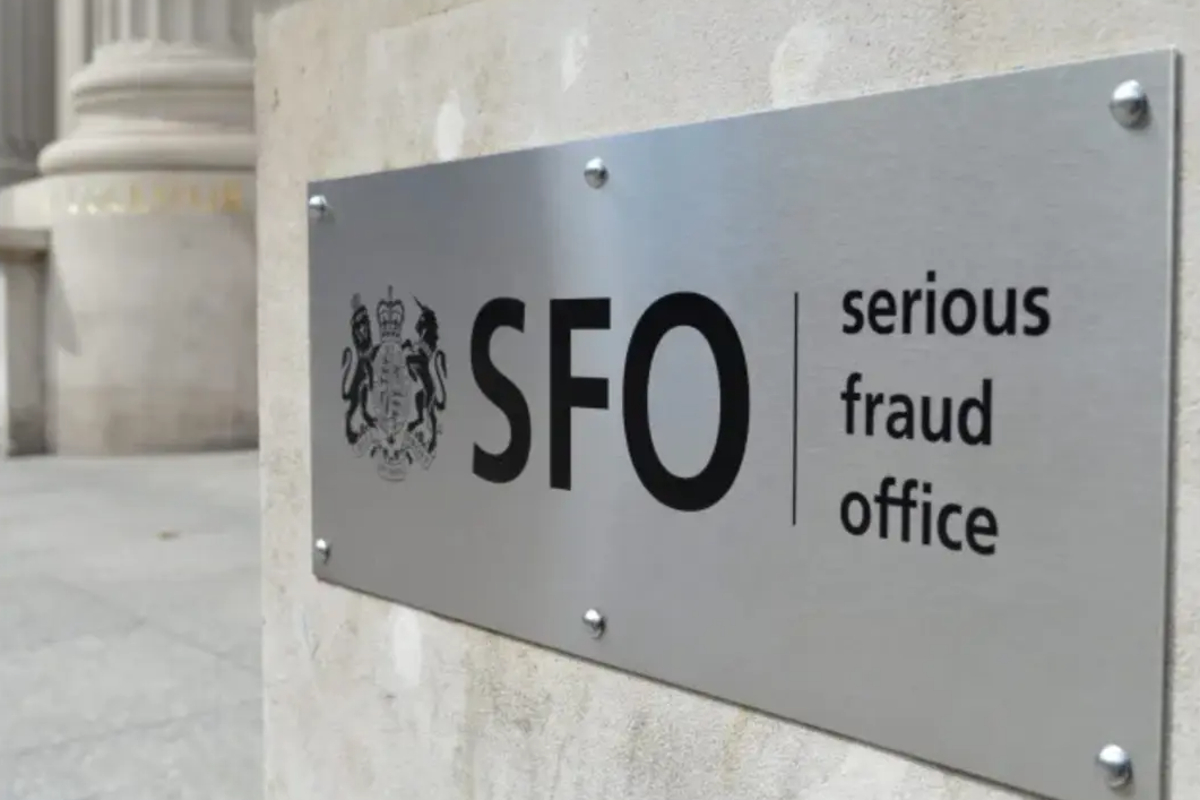The Serious Fraud Office (SFO), an agency perpetually under public scrutiny, finds its reputation once again battered as historic legal challenges and past misconduct resurface, casting a long shadow over its current leadership. This persistent struggle to control its own narrative creates a significant hurdle for its director, threatening the very core of its mission to combat serious financial crime in the UK.
Recent developments have seen significant historic convictions quashed, directly impacting public trust and operational integrity. These reversals, stemming from cases dating back over a decade, underline a recurring vulnerability within the institution. The legal challenges faced by the agency often originate from periods of leadership transition and evolving investigative methodologies.
One prominent example of this historical baggage traces back to 2012, during a pivotal shift in SFO leadership from Richard Alderman to Sir David Green KC. The agency’s extensive probe into the Libor scandal, a significant undertaking that lasted until 2019, resulted in numerous convictions. However, the subsequent quashing of some of these convictions highlights fundamental issues in past investigative practices and legal proceedings, further eroding the agency’s credibility.
In September 2023, Nick Ephgrave took the helm as the SFO’s new director, bringing with him a distinct background as a former police officer, a departure from his predecessors who were primarily trained lawyers. This shift in leadership profile, while potentially offering fresh perspectives on enforcement, has added another layer of complexity to the agency’s already intricate set of internal and external challenges, particularly concerning its public image and the handling of sensitive cases.
Ephgrave’s early tenure was marked by a highly publicized press appearance at a police raid, signaling a potentially more aggressive, hands-on approach to tackling corporate fraud. Yet, despite these initial efforts, the SFO’s past continued to haunt it. A recent Court of Appeal ruling significantly increased damages in the long-running ENRC case, citing serious misconduct and bad faith by previous SFO officials, an outcome that directly impacts the SFO reputation and its operational budget.
Amidst this considerable baggage, Ephgrave appears to be strategically refocusing the Serious Fraud Office. Sources suggest a pivot towards investigating frauds against investors, rather than the expansive international corporate corruption cases that characterized earlier administrations. This strategic adjustment aims to streamline operations and potentially achieve more tangible successes, yet it remains to be seen how effectively this new direction can mitigate the lingering effects of past legal challenges.
The impending introduction of the Failure to Prevent Fraud offence in September will undoubtedly reshape the landscape of UK law enforcement. This new legislative tool presents a significant opportunity for the SFO to strengthen its position and actively pursue companies for fraudulent activities they fail to prevent. It offers Ephgrave a powerful mechanism to capitalize on a heightened regulatory environment and demonstrate renewed vigor in combating economic crime, despite the historical burdens.
At a time when global financial enforcement bodies are under intense scrutiny, the SFO is called upon to be even more assertive, often drawing comparisons to agencies like the US Department of Justice. The true measure of Nick Ephgrave’s leadership will be his ability to not only navigate these historic issues but also successfully launch and prosecute new cases. Restoring the SFO reputation demands a delicate balance of accountability for past errors and proactive enforcement of current laws, securing public confidence in UK law.






Leave a Reply